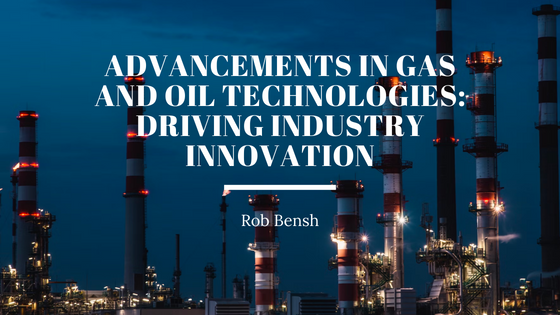The gas and oil industry has been around for over a century, and it has played a crucial role in powering our economies and providing us with essential products such as fuel for transportation, heating, and electricity generation. The industry has constantly evolved and adapted to new challenges, and advancements in technology have been a significant driver of innovation. In this blog, we will explore the latest advancements in gas and oil technologies and how they are driving industry innovation.
One of the most significant advancements in gas and oil technologies is the development of unconventional resources, such as shale gas and tight oil. These resources were previously thought to be uneconomical to extract, but advancements in hydraulic fracturing (fracking) and horizontal drilling have made it possible to access these resources. This has led to a significant increase in natural gas and oil production in the United States, and it has contributed to energy security and reduced dependence on foreign oil.
Another advancement in gas and oil technologies is the development of digital technologies such as sensors, automation, and data analytics. These technologies are transforming the industry by improving efficiency, reducing costs, and enhancing safety. Sensors can monitor equipment performance and detect potential failures before they occur, while automation can increase productivity and reduce the need for human intervention. Data analytics can provide insights into production trends and help optimize operations, leading to increased efficiency and reduced costs.
Advancements in environmental technologies are also driving innovation in the gas and oil industry. Technologies such as carbon capture and storage (CCS) and enhanced oil recovery (EOR) are helping to reduce the industry’s environmental footprint. CCS captures carbon dioxide emissions from industrial processes and stores them underground, reducing greenhouse gas emissions. EOR uses carbon dioxide injection to increase oil recovery from depleted fields, reducing the need for new drilling and minimizing environmental impacts.
In addition to these advancements, the gas and oil industry is also exploring new frontiers such as deepwater drilling, Arctic exploration, and offshore wind energy. These technologies are helping to expand the industry’s reach and contribute to energy security.
In conclusion, advancements in gas and oil technologies are driving industry innovation and transforming the way we produce and consume energy. Unconventional resources, digital technologies, environmental technologies, and new frontiers are all contributing to a more efficient, safer, and sustainable gas and oil industry. As the world’s energy needs continue to grow, the industry must continue to innovate and adapt to new challenges while balancing economic benefits and environmental responsibility.
